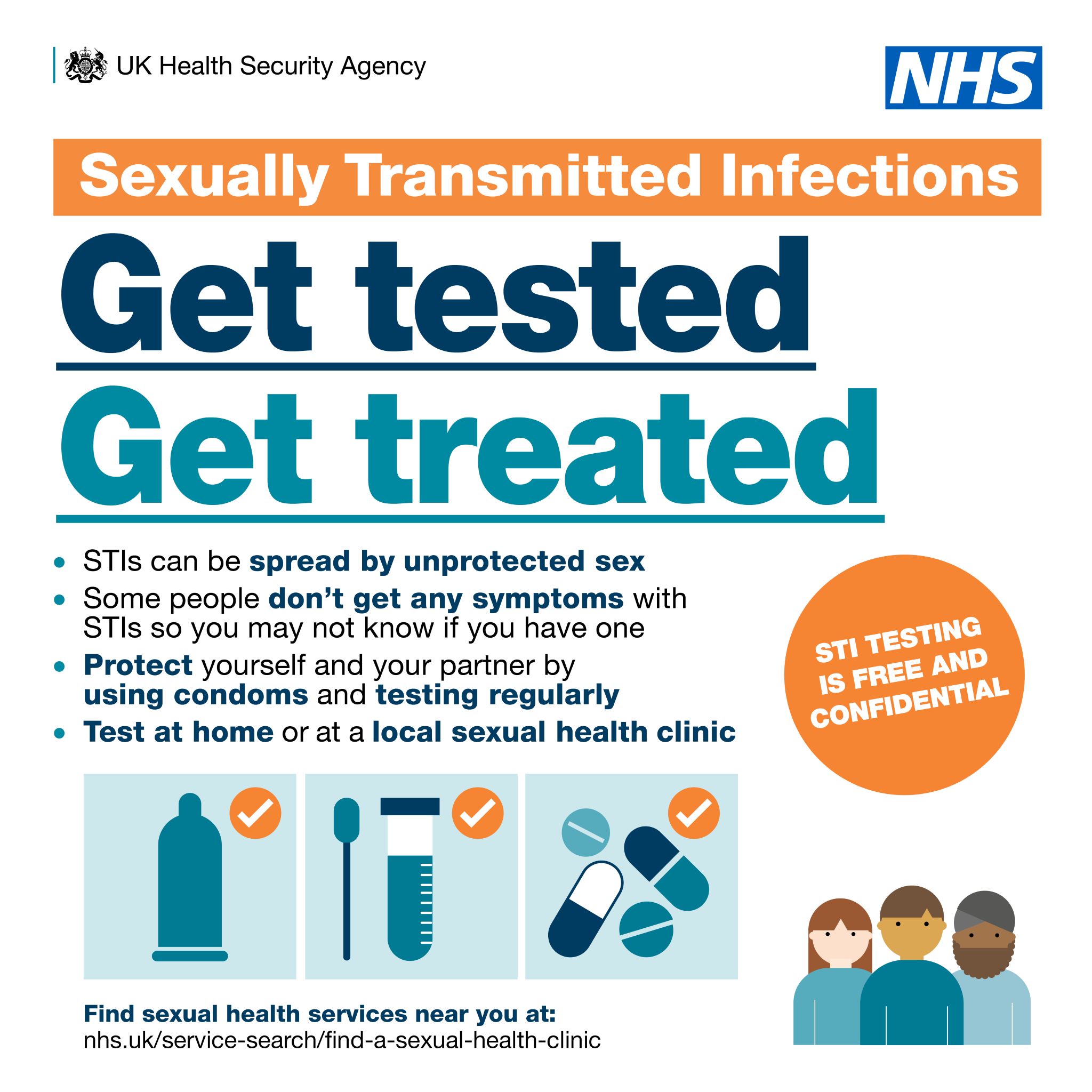Does contraception affect fertility?
posted by: Amy Toy
We often have chats with our patients about the affect that contraception has on fertility. Here are the answers to the common questions we are asked.
Will using contraception affect my fertility?
The only method of contraception that has any impact on fertility is the contraceptive injection, the injection can cause a delay to the return of your fertility for up to a year.
No other method of contraception has any impact on fertility. As soon as contraception is stopped, fertility returns to normal very quickly.
If I use contraception for a long time will it affect my fertility?
No. Long term contraceptive use has no impact on fertility, however, fertility naturally declines with age. It is naturally harder to get pregnant over the age of 35 (although this is definitely still possible).
If I don’t have regular bleeds whilst using contraception will this affect my fertility?
The body doesn’t need to bleed on a regular basis or once per month.
One of the ways that hormonal methods of contraception work is by stopping the lining of the womb from building up – blood doesn’t build up inside. This can often lead to no bleeding for long periods of time which is completely safe and has no negative impact on fertility. No reversible methods of contraception will cause infertility.
For more information about the above information in relation to specific methods of contraception see the following links:

Trending Now
- Taking ‘the pill’. A different approach to make this method work best for you
- Does contraception affect fertility?
- The “male contraceptive”
- Updated blood pressure readings if you are taking combined hormonal contraception
- Using a moon cup? Read this if you also have a coil in place..
- Does it hurt to have an IUC (coil) fitted?
- Does using contraception make you put on weight?
- Emergency contraception
- Mpox vaccines are now available
- What are my options for terminating my pregnancy?

Mpox vaccines are now available
From Jan 2025, Devon Sexual Health will be working with the Royal Devon University Healthcare NHS Foundation Trust’s vaccination team […]

Torbay clinic will be closed on Monday 2 December
To facilitate the implementation of a new electronic patient record system (EPR), our Torbay clinic only will be closed on […]

Rise in HIV diagnoses steepest among heterosexual men and women
The latest HIV surveillance data for 2023, published by the UK Health Security Agency (UKHSA) today, show that the number […]

Bank Holiday information
All Devon Sexual Health clinics will be closed on Monday 26 August for the Bank Holiday. When our clinics are […]
